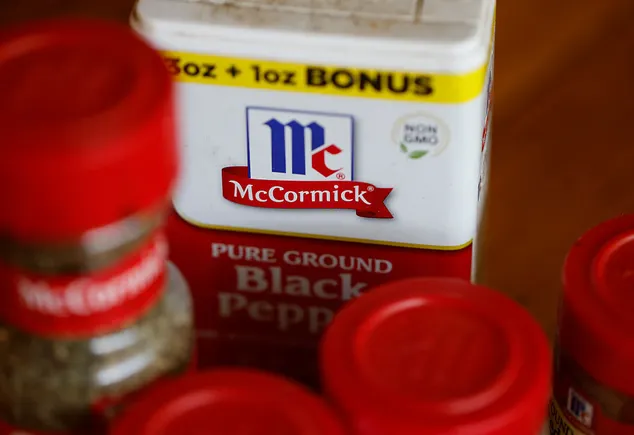In a recent announcement, McCormick, the well-known flavoring giant, revealed that the Trump administration’s tariff policy could potentially cost the company up to $90 million annually. The reason behind this financial hit is the higher prices for spices that cannot be commercially grown in the United States. This news was shared during an earnings call where Executive Vice President and CFO Marcos Gabriel mentioned the company’s plan to selectively raise prices in response to the increased costs of certain commodities.
To mitigate the impact of these tariffs, McCormick is actively exploring alternative sourcing locations for imported agricultural products. However, CEO Brendan Foley acknowledged that some raw materials cannot be substituted as they are simply not commercially available in the U.S. With a portfolio of around 17,000 ingredients across 90 markets, the company is facing challenges in sourcing certain essential spices.
In an effort to minimize reliance on any one country, McCormick is utilizing advanced analytics to identify alternative sourcing locations and pulling all available levers to offset the significant portion of tariff costs. The company is navigating through the complex landscape of trade negotiations and changing duties based on geography to ensure minimal disruption to its supply chain.
As consumer demand for global and exotic flavors continues to rise, particularly with the trend of recreating restaurant experiences at home, tariffs on imported ingredients could potentially lead to higher prices for trendy and sought-after flavors. Even McCormick’s flavor of the year, the Aji Amarillo pepper from Peru, is not exempt from tariffs, with the country currently subject to a 10% baseline tariff.
The impending tariffs set to go into effect on July 9 for countries without trade agreements in place are expected to impact the prices of various spices, including table salt, black pepper, vanilla, cinnamon, and nutmeg. The American Spice Trade Association has expressed concerns about the impact of these tariffs on the spice industry, highlighting that the majority of spices cannot be commercially grown in the U.S. and warning that higher costs will likely be passed down to consumers.
Despite these challenges, McCormick reported better-than-expected second-quarter earnings, with sales increasing by 1% driven by higher volumes. The company is also witnessing increased interest from food companies looking to make their portfolios healthier or reformulate their products to remove artificial dyes. As the spice maker continues to navigate the complexities of the global trade landscape, it remains focused on innovation and strategic sourcing to overcome the challenges posed by tariffs and ensure the continued supply of high-quality spices to its customers.


